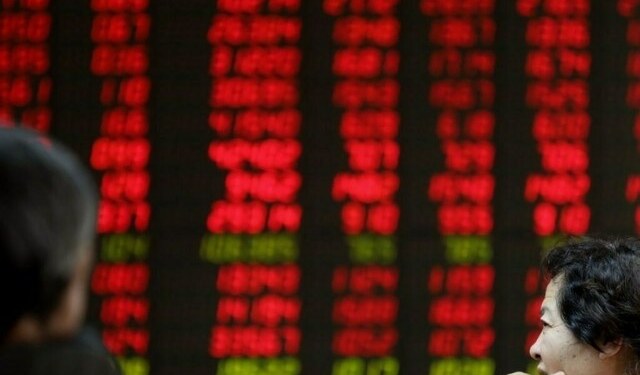Cambodia has declined to join the world’s largest rubber production group, the International Tripartite Rubber Council (ITRC), because there is no benefit in doing so now, a senior official and an industry executive say.
The country’s rubber producers would be dwarfed by the three members of the council – Thailand, Indonesia and Malaysia – who combined account for 67 percent of global production, they said.
Rubber production is relatively low here and the total planting area still small, so it is unnecessary to join the ITRC at this time, Agriculture Ministry Secretary of State Ly Phalla told Khmer Times. He said, however, that he welcomes cooperation with the ITRC and that Cambodia may send observers to its meetings.
The invitation to join the ITRC was made at its 25th meeting in mid-September in Kuala Lumpur. Besides Cambodia, it also invited Laos, Myanmar and Vietnam to join so that it could better manage supply and demand of rubber and stabilize its price, which has sharply declined since 2011.
“They [ITRC] have invited Cambodia, Laos, Myanmar and Vietnam to join to buy rubber for stock and to resell,” Mr. Phalla said. “But we can produce only 100,000 tons per year, so why do we have to join as we have never had [extra] stock. Moreover, our capacity is still very small, even compared to Vietnam, which can produce around 1 million tons per year,” he explained.
Members of the ITRC said joining the group would benefit small-scale producers.
Mr. Phalla stressed that the government is monitoring the industry globally and would work with the ITRC. “It does not mean that we reject them or the interests of all rubber-producing countries… but right now Cambodia’s capacity is not big enough to join,” Mr. Phalla said, adding that the government would send representatives to ITRC meetings, share information and exchange views.
Men Sopheak, vice president of Chop Rubber Plantation in Tboung Khmum province – one of the biggest rubber producers in Cambodia – echoed Mr. Phalla’s view that both production and plantation area here are too small to justify joining the ITRC.
“Based on our current plantation and production status, I don’t think we should join,” he said.
“We are not the main players in the industry like the big three… who have a lot of power in the supply and negotiation of prices in the rubber industry. What we can do is just send an observer [to its meetings],” Mr. Sopheak said. He also noted that the governments of Thailand, Malaysia and Indonesia subsidize producers but the government here does not.
His company has 170,000 hectares, but only 9,000 hectares are producing resin. Last year, Chop Rubber Plantation exported around 14,000 tons and expects to export around 15,000 tons this year, Mr. Sopheak said.
The price of rubber has plummeted from $4,500 per ton in 2011 to less than $1,300 per ton this year. The main markets for Cambodian rubber are Vietnam, China and Malaysia. Mr. Sopheak said processed rubber is now selling for $1,280 per ton in Ho Chi Minh, down from about $1,500 per ton earlier this year.
Mr. Phalla and Mr. Sopheak are, however, optimistic that recent actions taken by the three major rubber producers will see the price recover over the next few years. “The price of rubber will start increasing very soon,” Mr. Phalla said, adding that rubber growers should wait it out and not switch to other plantations.
Mr. Sopheak said he was “hopeful” the price will increase over the next few years. If it does not, companies may be driven out of business because production costs are high.
Rubber trees are grown on more than 300,000 hectares of land and this will increase to 400,000 hectares by 2020, Mr. Sopheak said. Mr. Phalla said 40 per cent of the rubber trees grown here were owned by households, and the rest by companies.
Cambodia exported 61,969 tons of dry rubber in the first six months of the year, up 47 per cent from 42,189 tons in the first half of last year. The value, however, only rose 12 percent, from $75 million in the first half of 2014 to $84.2 million this year, according to data from the Commerce Ministry.



























